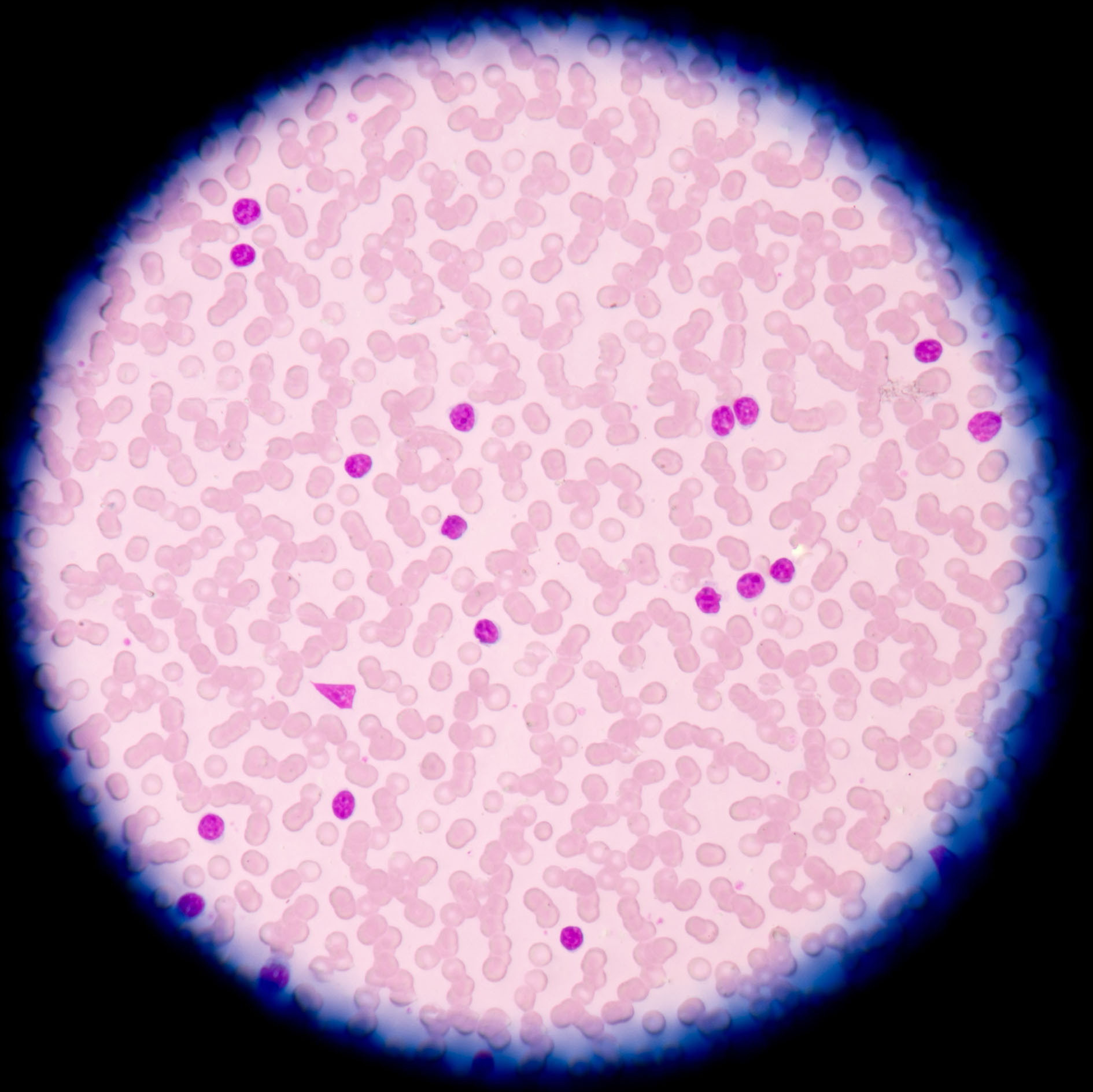AbbVie's CLL drug recommended in Europe

AbbVie’s venetoclax, one of the most promising drugs under review this year, has been recommended by European regulators.
Europe’s CHMP scientific committee said venetoclax can be marketed with the brand name Venclyxto, under a conditional authorisation in adults with chronic lymphocytic leukaemia.
Already approved and launched in the US as Venclexta, Thompson Reuters said in a report into drugs to watch in 2016 that the drug could generate annual sales in excess of $1.4 billion by 2020.
The CHMP recommended Venclyxto as a monotherapy for CLL with a 17p deletion or TP53 mutation, in adults who cannot take or have failed a B-cell receptor pathway inhibitor.
The drug is a first-in-class BCL-2 inhibitor, indicated for CLL in the absence of the mutations in adults who have failed both chemoimmunotherapy and a B-cell receptor pathway inhibitor.
CLL is usually a slow-progressing cancer but those with these mutations are much more aggressive, giving patients a median life expectancy of less than two or three years with standard regimens.
The drug is also being tested in combination therapies earlier in CLL and in for other blood cancers such as non-Hodgkin’s lymphoma, diffuse large B-cell lymphoma and follicular lymphoma.
The CHMP’s recommendation is conditional, based on early data, so AbbVie will have to renew the marketing authorisation every year until it has confirmatory data.
The regulator’s decision has now been passed to the European Commission, which will likely grant a marketing authorisation before the end of the year.
It will compete against two well established drugs – Janssen and AbbVie’s Imbruvica (ibrutinib) and Gilead’s Zydelig (idelalisib), although there are safety concerns about the latter following deaths in trials in other uses.
Patients on Zydelig should receive antibiotics during treatment and for two to six months after in Europe as a safety precaution – a ruling likely to hit sales.
Imbruvica is forecast to outshine venetoclax however, with Thompson Reuters predicting annual sales of more than $6.4 billion in 2020.
The BCL-2 protein prevents programmed cell death of some cells, including lymphocytes, and can be overexpressed in some cancer types. Venetoclax is designed to selectively inhibit the function of the BCL-2 protein.












